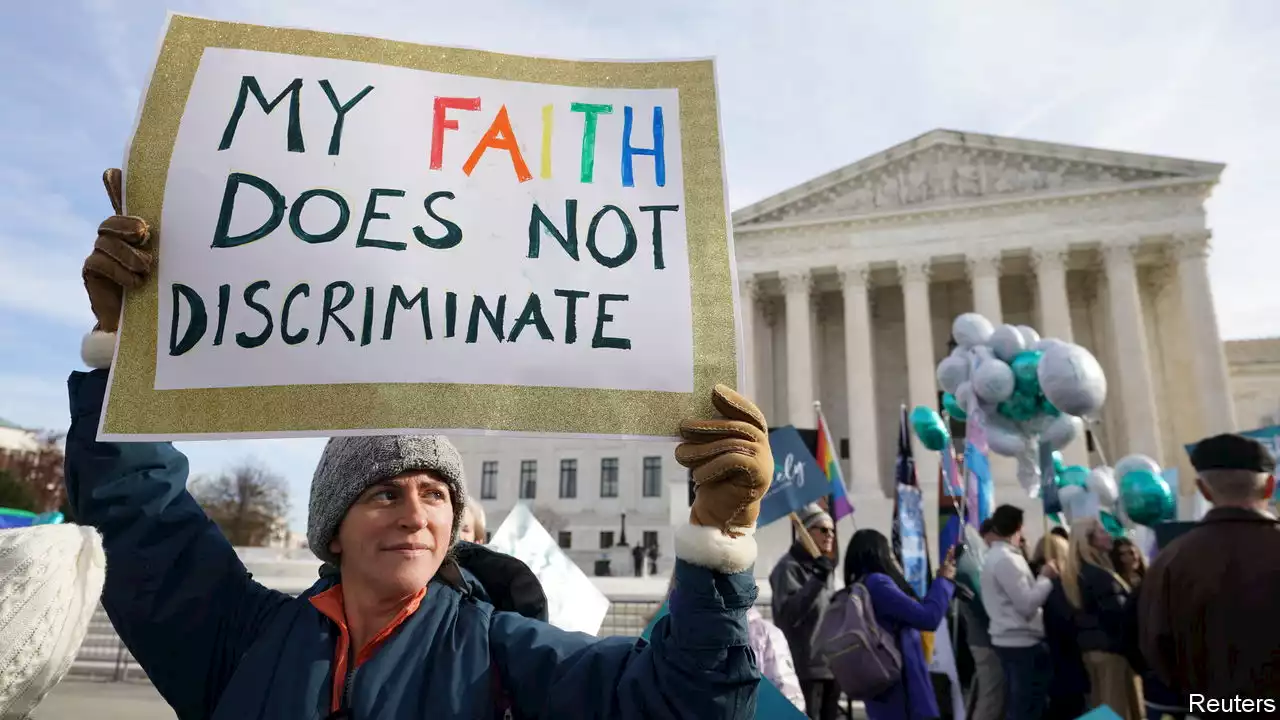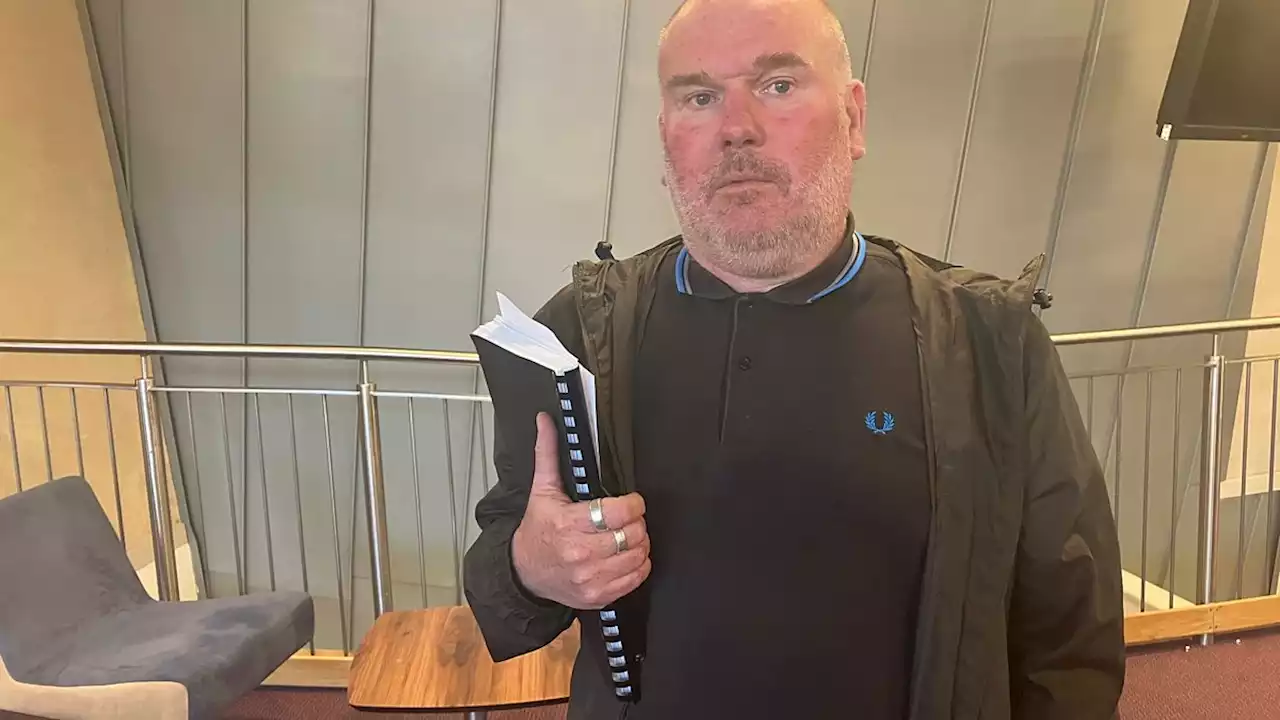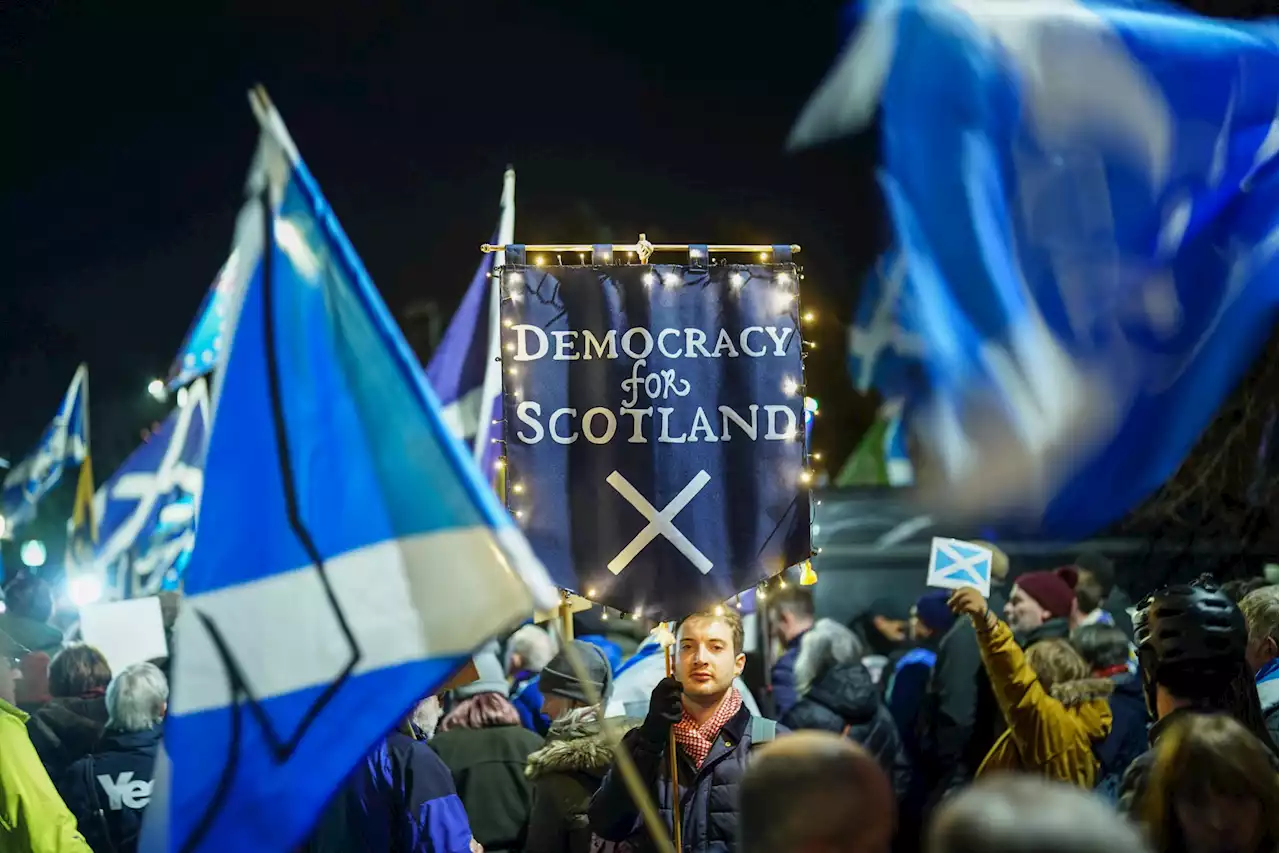Four Supreme Court justices seem to think the federal constitution gives state legislatures nearly unchecked authority to set election laws
elected a new House of Representatives in November, around 90% of the 435 races were foregone conclusions. Owing in large part to aggressive gerrymandering by state legislatures—a process by which politiciansto favour their own party—less than 40 districts saw competitive races. This supercharged gerrymandering came under review by the Supreme Court in 2019, but a 5-4 majority decided that policing electoral maps was not the job of federal courts.
When on March 7th the Supreme Court declined to reinstate the Republican-drawn map in North Carolina , Justices Samuel Alito, Neil Gorsuch and Clarence Thomas dissented, throwing their support behind the independent-state-legislature theory. The dissenters claimed that the constitution “specifies a particular organ of a state government”, the legislature, to determine the contours of elections, “and we must take that language seriously”.
Article I of America’s constitution provides that the “times, places and manner of holding elections” for Congress “shall be prescribed in each state by the legislature thereof”. Advocates of the independent-state-legislature theory say this clause assigns sole responsibility for redistricting to the state legislature; other branches of the state government, including the courts, must watch from the sidelines.
With four apparent supporters on the Supreme Court, the independent-state-legislature theory may be one vote away from upending more than 200 years of election law in America. Chief Justice John Roberts is unlikely to supply a fifth vote: he wrote the opinion ininviting state courts to do what the doctrine insists they cannot. But Justice Amy Coney Barrett has remained mum on the question. If she were to join her four colleagues, the implications could be momentous.
Even presidential elections could ultimately be affected. Although all states currently allocate their electoral votes by consulting their state’s popular vote, nothing in the constitution explicitly requires this. Were legislatures to become supreme and unfettered, they could thwart electoral democracy by choosing slates of electors themselves without oversight from governors or state courts. Such a disenfranchisement of voters may seem like a remote possibility.
Danmark Seneste Nyt, Danmark Overskrifter
Similar News:Du kan også læse nyheder, der ligner denne, som vi har indsamlet fra andre nyhedskilder.
 UK Supreme Court rule in favour of buffer zones outside abortion facilitiesIt will remain illegal for anti-abortion protestors to stage demonstrations within a 100m vicinity of an abortion clinic.
UK Supreme Court rule in favour of buffer zones outside abortion facilitiesIt will remain illegal for anti-abortion protestors to stage demonstrations within a 100m vicinity of an abortion clinic.
Læs mere »
 A new Supreme Court case may dampen protections for LGBT peopleNearly three-quarters of Americans approve of gay marriage. Yet opposition to the practice, much of it on religious grounds, persists
A new Supreme Court case may dampen protections for LGBT peopleNearly three-quarters of Americans approve of gay marriage. Yet opposition to the practice, much of it on religious grounds, persists
Læs mere »
 BBC Radio Shropshire - Adam Green, 07/12/2022, Supreme Court for Greenfields capaignersToday is a massive day for a group of Greenfields residents in Shrewsbury. Their campaign to save part of their local recreation ground from being developed on will be heard in the Supreme Court- the highest court in the land.
BBC Radio Shropshire - Adam Green, 07/12/2022, Supreme Court for Greenfields capaignersToday is a massive day for a group of Greenfields residents in Shrewsbury. Their campaign to save part of their local recreation ground from being developed on will be heard in the Supreme Court- the highest court in the land.
Læs mere »
 Support for Scottish independence rises in wake of Supreme Court rulingSupport for Scottish independence rises in wake of Supreme Court ruling 🔴 A poll published on Wednesday put support for leaving the UK among Scottish voters at 56 per cent and the pro-Union side on 44%
Support for Scottish independence rises in wake of Supreme Court rulingSupport for Scottish independence rises in wake of Supreme Court ruling 🔴 A poll published on Wednesday put support for leaving the UK among Scottish voters at 56 per cent and the pro-Union side on 44%
Læs mere »
 Support for independence jumps to 56 per cent in wake of Supreme Court rulingSupport for Scottish independence has reached 56 per cent, according to a new poll.
Support for independence jumps to 56 per cent in wake of Supreme Court rulingSupport for Scottish independence has reached 56 per cent, according to a new poll.
Læs mere »
 Supreme Court says bill to ban anti-abortion protests at clinics is lawfulA bill to ban anti-abortion protests at Northern Ireland health clinics does not disproportionately interfere with protesters' rights and can go on to become law, the Supreme Court has said.
Supreme Court says bill to ban anti-abortion protests at clinics is lawfulA bill to ban anti-abortion protests at Northern Ireland health clinics does not disproportionately interfere with protesters' rights and can go on to become law, the Supreme Court has said.
Læs mere »